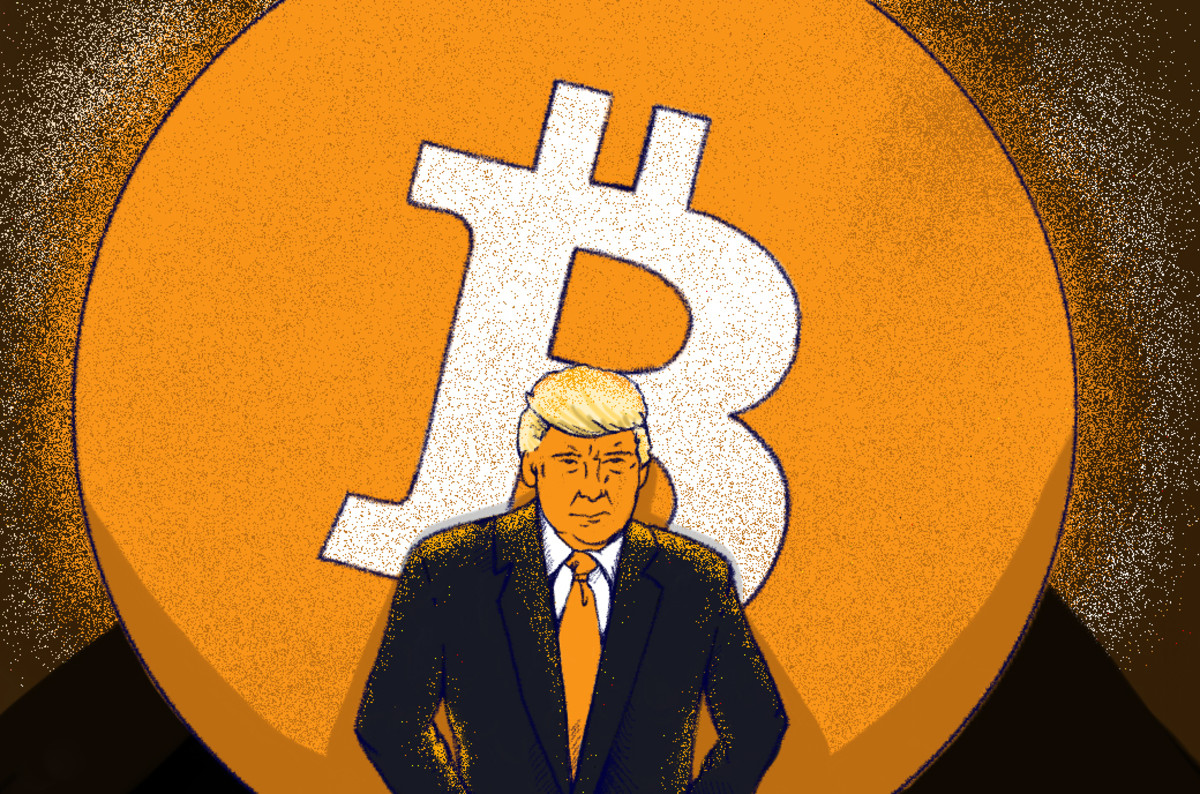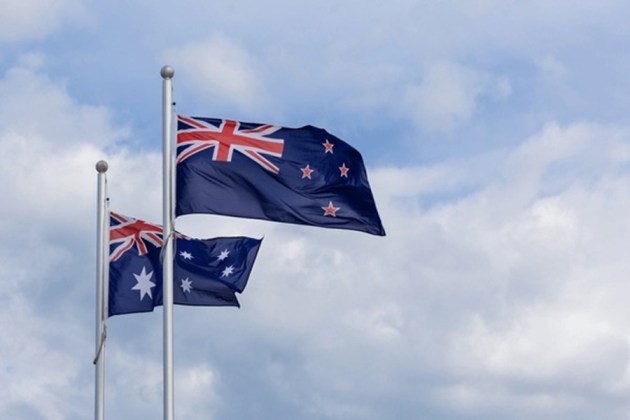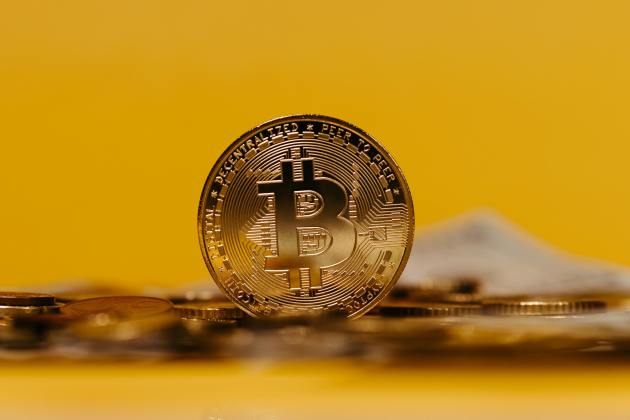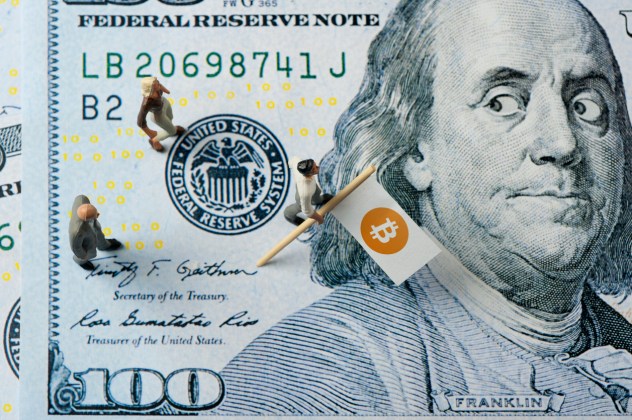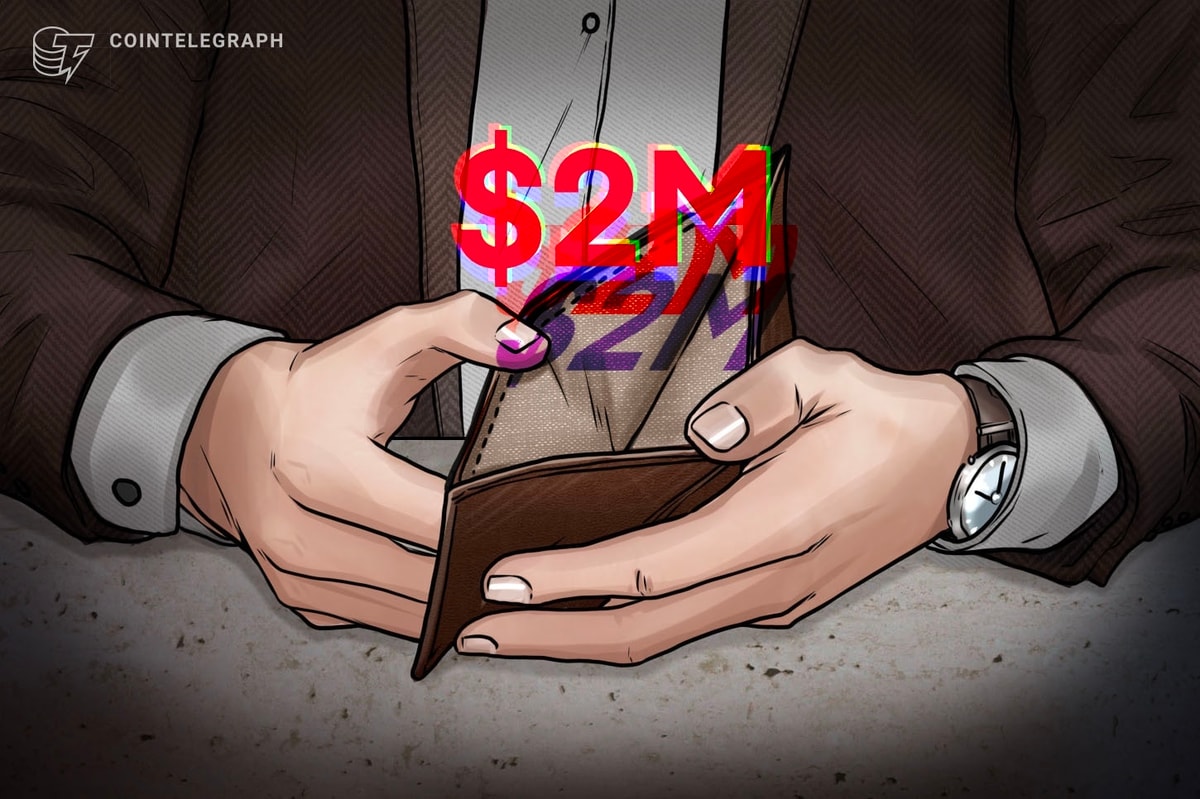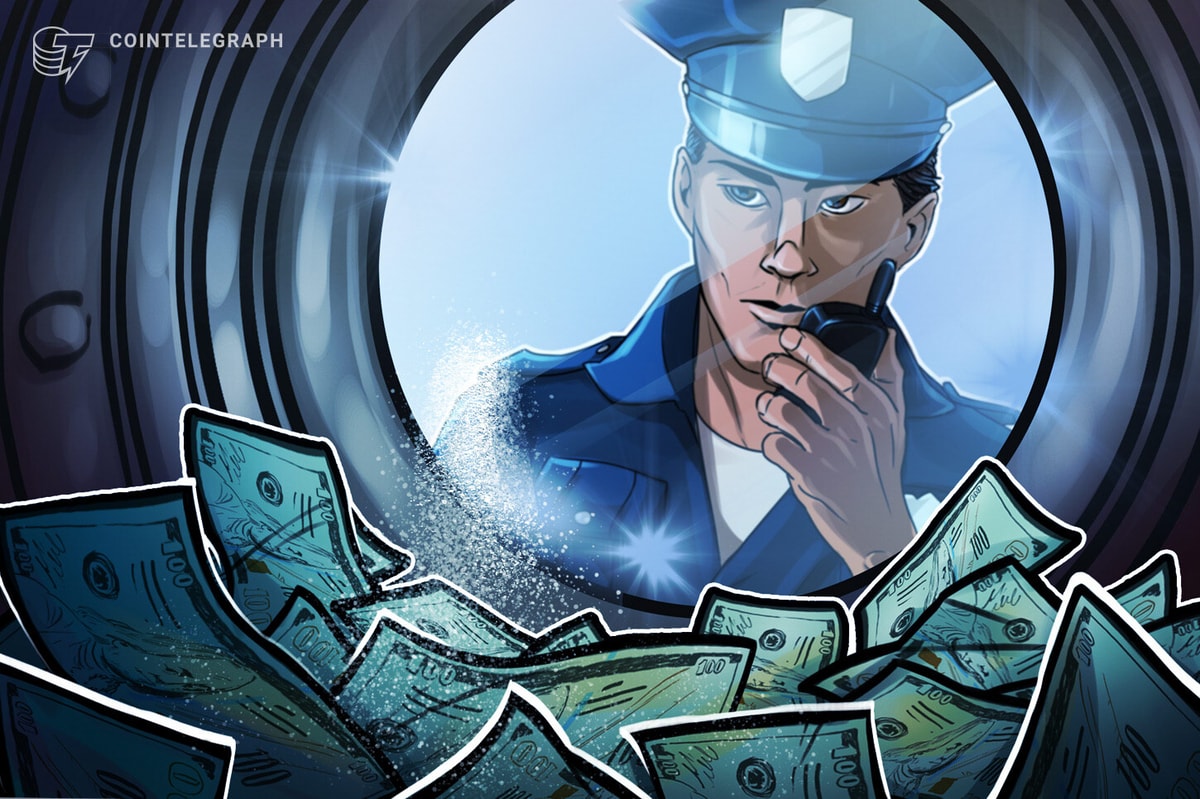Former U.S. President Donald Trump told Fox Business that he doesn't like Bitcoin because he sees it as a competitor to the dollar.
"Bitcoin just seems like a scam," said Trump in the interview. "I don't like it because it's another currency competing against the dollar. Essentially, it’s a currency competing against the dollar. I want the dollar to be the currency of the world."
With his comments, Trump showed his understanding of bitcoin for what it is –– a currency that obsoletes all other money, hence his fear that the dollar could lose its world reserve currency status.
The former President of the U.S. was also asked about his stock market investments. He shared that, although he has previously invested in the American stock market, he is not currently investing in it because "it is too high."
Trump's evaluation of and response to the growth of bitcoin stands in stark contrast to the President of El Salvador's recent announcement that its country will declare bitcoin as legal tender –– a nation-state level demonstration of financial privilege in play.
Consequently, this illustrates that countries which are not financially sovereign may be game-theoretically inclined to adopt Bitcoin and enjoy its benefits before those who are in control of solid fiat currencies around the world –– something Vijay Boyapati argued in "The Bullish Case For Bitcoin," for instance.
By acknowledging Bitcoin's potential for dethroning the dollar as the world's reserve currency, leaders worldwide are faced with two options: to fight it or to adopt it.
Although financially-sovereign countries like the U.S. can try to fight it, it may be a fool's game in the long run. Because Bitcoin is a decentralized, hard digital money that is impossible for any president or regulator to ban, El Salvador's choice to adopt it before an eventual bitcoin accumulation race by countries around the world may turn out to be the better strategy after all.


